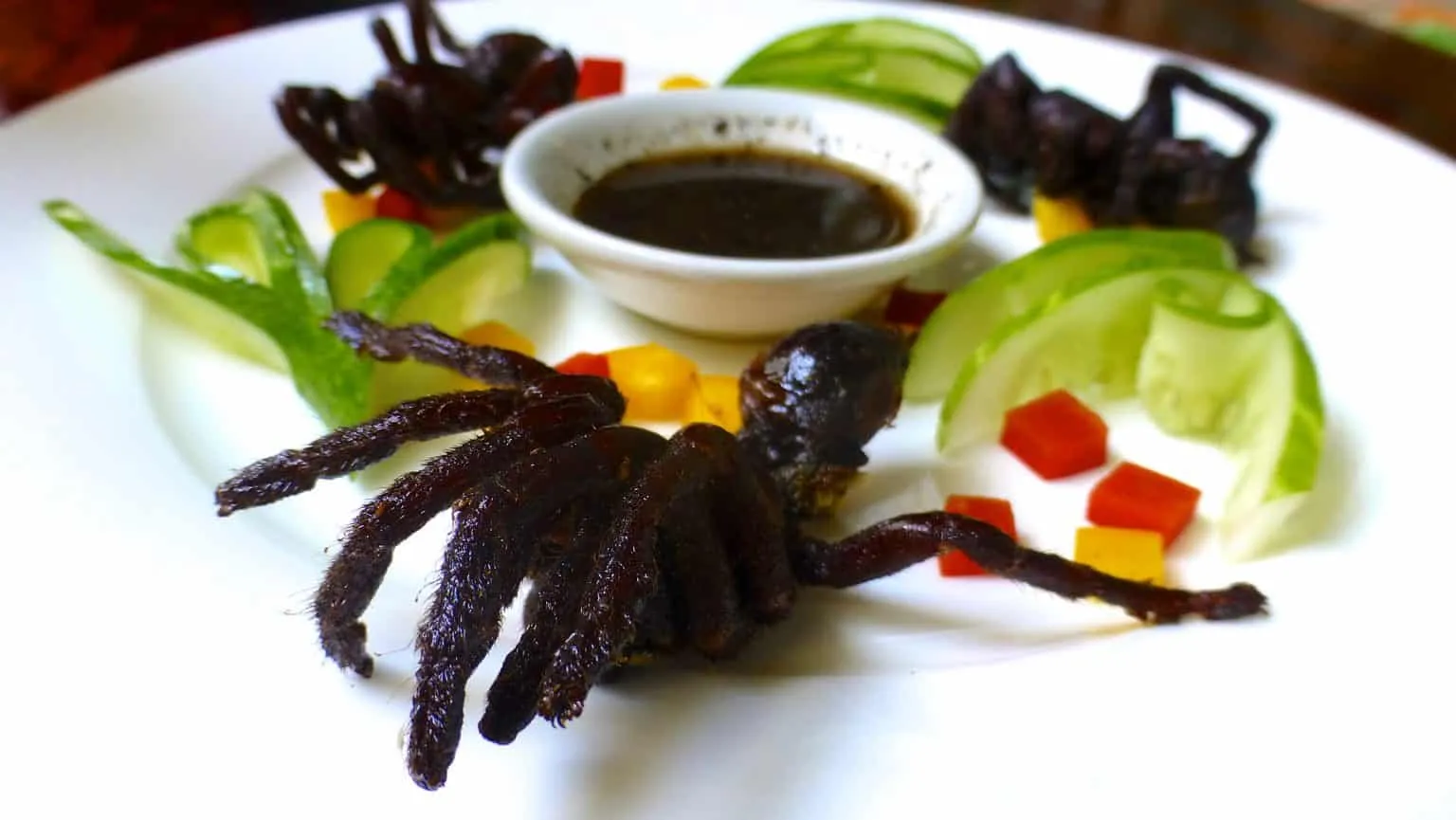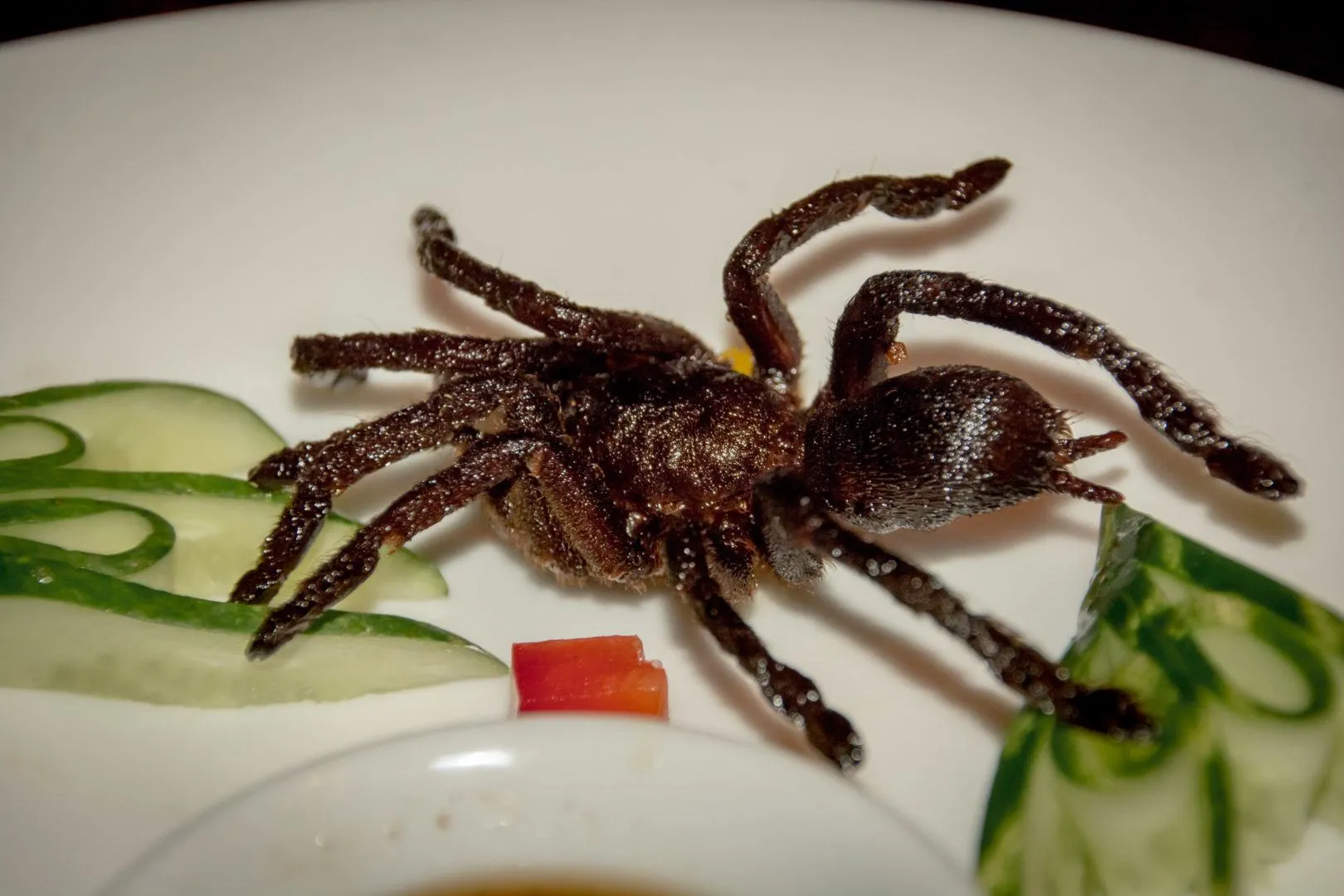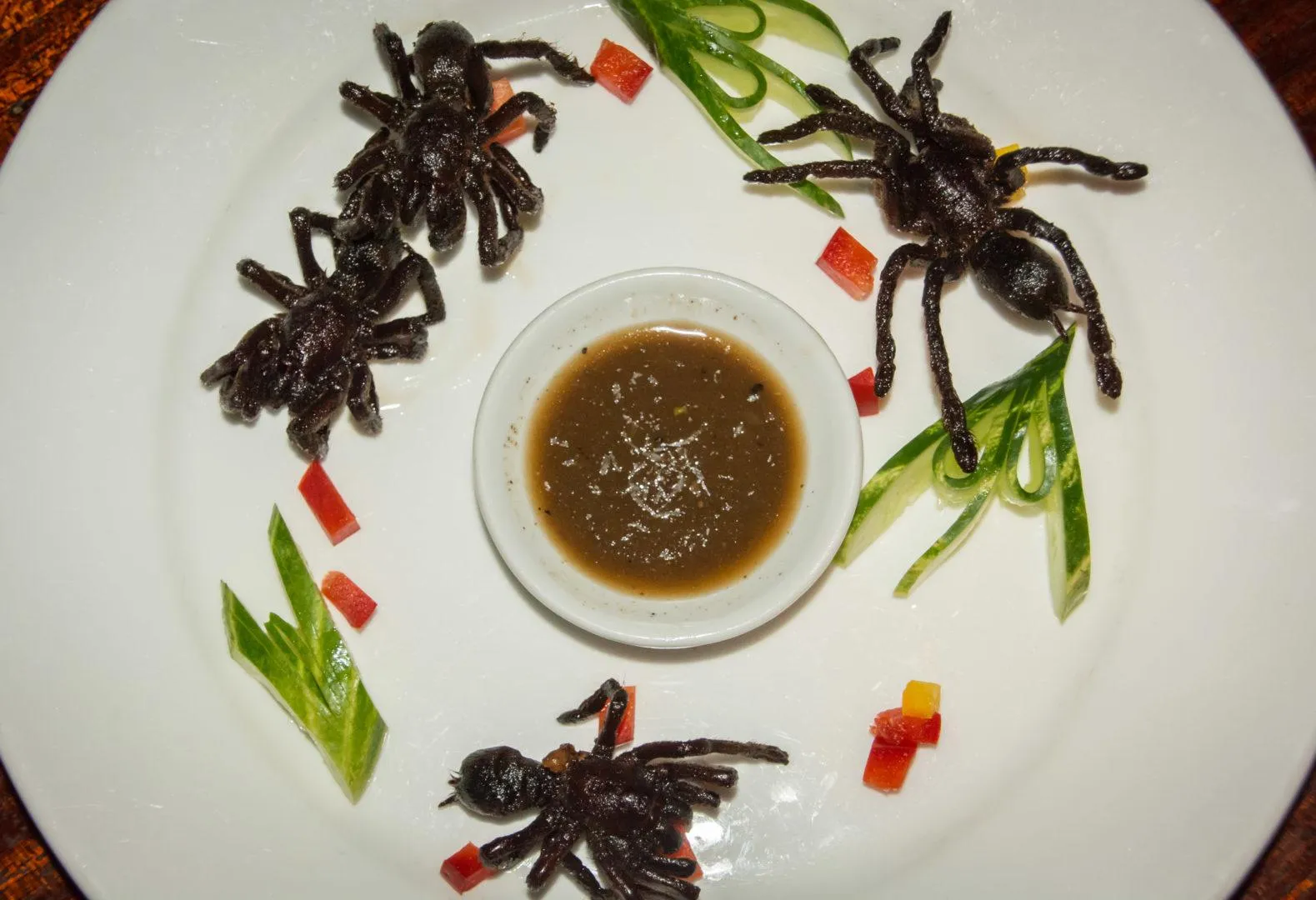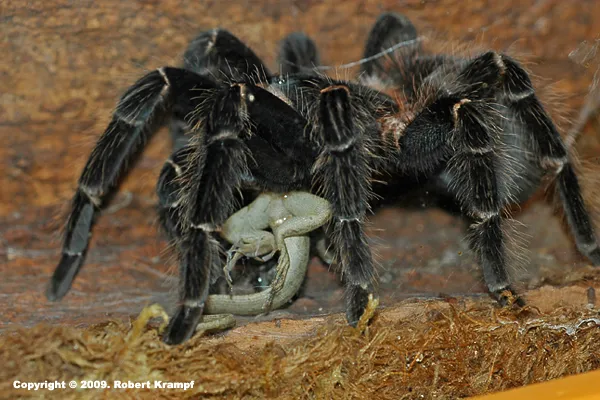Where to Find Tarantula Food Near Me
Finding quality tarantula food near you is crucial for the health and well-being of your pet tarantula. A well-balanced diet ensures your spider thrives, exhibiting vibrant colors, healthy molts, and active behavior. This guide explores the top five places to source tarantula food, offering convenience, variety, and quality. Whether you’re a seasoned tarantula keeper or a beginner, knowing where to find the right food is a fundamental aspect of responsible pet ownership. The following sections will delve into specific options, considering factors like food type, accessibility, and the benefits of each source. Your tarantula’s diet should mimic its natural eating habits, which primarily consist of insects. Therefore, the availability of fresh, nutritious food is paramount to its survival and happiness. Let’s explore your options.
Local Pet Stores
Local pet stores are often the first stop for tarantula owners seeking food. These stores typically offer a convenient option, allowing you to purchase food quickly without waiting for shipping. Proximity is a significant advantage, especially if you run out of food unexpectedly. Most pet stores stock live insects like crickets, mealworms, and sometimes even dubia roaches. These insects are common tarantula food sources and easy to manage. However, availability and quality can vary. Always check the condition of the insects before purchasing, ensuring they are alive, active, and disease-free. Additionally, inquire about the store’s turnover rate to ensure the insects are fresh. Some stores may also carry pre-killed insects or prepared food items, which can be a convenient alternative for busy keepers. Be prepared to compare prices and options across different pet stores in your area to find the best value and selection for your tarantula.
What Kind of Tarantula Food They Offer

Pet stores generally offer a variety of live insect options suitable for tarantulas. Crickets are a widely available and cost-effective choice, providing essential protein and nutrients. Mealworms are another popular option, easily manageable and can be kept for a longer duration. Some stores may also offer dubia roaches, known for their high nutritional value. The specific type of food available will vary by store and location. Before purchasing, it’s important to assess the size of the insects to match your tarantula’s size. Small tarantulas will require smaller prey, whereas larger tarantulas can handle larger insects. Also, consider the insect’s nutritional value; dubia roaches and crickets are often considered more nutritionally balanced than mealworms. Regularly rotate the food to ensure a diverse diet for your tarantula. Check the insects’ health and activity level before purchase to ensure you’re getting quality food.
Online Retailers
Online retailers provide a vast selection of tarantula food, often with competitive pricing and the convenience of home delivery. Websites specializing in reptile and invertebrate supplies offer a wider variety of insect types, sizes, and pre-killed options than most local stores. You can find less common food items, such as hornworms or super worms, which can add variety to your tarantula’s diet. Online retailers often provide detailed descriptions and reviews, helping you make informed decisions about the food’s quality and suitability for your tarantula. Many online stores offer subscription services, ensuring you never run out of food. This is especially useful for regular feeding schedules. However, consider shipping costs and delivery times. Live insects require careful packaging and timely delivery to ensure they arrive alive and in good condition. Make sure to factor these variables into your decisions to maintain the health of your pet.
What to Consider When Ordering Online
When ordering tarantula food online, several factors must be considered to ensure a positive experience. Check the retailer’s reputation by reading customer reviews. Look for stores that prioritize the health and well-being of the insects, using proper packaging and shipping methods. Review the shipping policies, including delivery times and guarantees. Live insects are perishable, so prompt delivery is crucial. Consider the weather conditions in your area, as extreme temperatures can harm the insects during transit. Ensure the website provides clear information about the insects’ size, quantity, and nutritional value. Some online retailers offer a DOA (Dead on Arrival) guarantee. This means if the insects arrive dead, they will replace them or provide a refund. Always inspect the package upon arrival and contact the retailer immediately if you find any problems. Planning and research will ensure a smooth online purchase and a healthy diet for your tarantula.
Exotic Pet Shops

Exotic pet shops specialize in a wide range of unusual pets, including tarantulas. These shops often provide a more extensive selection of tarantula food than general pet stores. You can expect to find less common options like silk worms, wax worms, and other specialty insects. Exotic pet shops usually have knowledgeable staff members who can offer expert advice on tarantula care and feeding. They can help you select the right food based on your tarantula’s species, size, and dietary needs. Such shops might also stock a selection of pre-killed prey, which is convenient for tarantula owners. Because these stores typically cater to reptile and invertebrate enthusiasts, they often prioritize the quality and nutritional value of their food. The staff can answer any questions you have and recommend the best food to maintain a balanced diet. The premium service and expertise often come with higher prices than local pet stores, so it’s worth considering if the specialized service is a benefit.
Specific Food Types for Tarantulas
Tarantulas require a varied diet to ensure optimal health. Crickets are a staple food for many tarantulas. They are widely available and relatively inexpensive. Mealworms are another readily available option, particularly for smaller tarantulas or as a supplemental food source. Dubia roaches are an excellent choice because they are high in protein and easy to care for, and make a good source of food for your pet. Larger tarantulas may benefit from occasional larger prey items, such as small mice, but these should be offered sparingly. It’s important to feed your tarantula appropriate-sized insects to avoid stressing the spider. The frequency of feeding depends on the tarantula’s age and size. Juveniles may need to be fed more often than adults. Always remove uneaten food from the enclosure to prevent mold or mites from developing.
Breeder Availability
Tarantula breeders are an excellent source of high-quality food. Many breeders maintain their own insect colonies to feed their tarantulas. Because they prioritize the health of their tarantulas, the food they offer is of superior quality. Buying from a breeder ensures you’re getting fresh, well-cared-for food. Breeders frequently provide expert advice on feeding and care, based on their experience. They might also have specific food recommendations based on their breeding practices. It’s an opportunity to support a local or small business. Breeders often offer a broader range of insect types and sizes than other suppliers. They can often source food you might not find in typical pet stores, like specific species of crickets or roaches. Breeders are typically passionate about tarantula care, so they’ll likely provide valuable guidance on how to keep your pet spider healthy.
The Benefits of Buying from Breeders

Purchasing food from tarantula breeders offers multiple advantages. The insects they provide are usually raised with care, leading to healthier and more nutritious food. Breeders know the proper husbandry techniques for their food sources. Because of their expertise, you are more likely to obtain insects free from diseases and parasites. Breeders can often offer personalized advice on tarantula feeding based on your spider’s species. They may provide assistance on how to prepare and store the food you buy from them. It also offers an opportunity to network with other tarantula enthusiasts and learn about the community. Purchasing from a breeder supports those involved in responsible tarantula keeping and breeding, promoting ethical practices within the hobby. This ensures that the animals are cared for in the best possible way.
DIY Tarantula Food Options
For dedicated tarantula keepers, raising your own food sources can be a rewarding and cost-effective option. Setting up insect colonies offers complete control over the food’s quality and availability. Several insects are suitable for breeding at home. Crickets, mealworms, and dubia roaches are the most popular choices. Each insect requires specific environmental conditions for successful breeding, including temperature, humidity, and appropriate housing. The initial setup may require some investment in supplies, like containers, bedding, and food. However, the long-term costs are significantly lower than purchasing food from pet stores or online retailers. You will always have a ready supply of food for your tarantula. Moreover, it allows you to control the diet of your feeder insects, enhancing the nutritional value for your pet. With proper care and attention, raising your own food is a sustainable and rewarding part of tarantula keeping.
Raising Your Own Food Sources
Raising your own food sources requires dedication and attention to detail. Crickets thrive in well-ventilated containers with egg crates for hiding and breeding. Mealworms can be raised in shallow bins with a substrate of bran or oatmeal. Dubia roaches require a warm, humid environment, along with ample hiding spaces and food. Each insect species has its own requirements for temperature, humidity, and diet. Research the specific needs of the insect you choose to breed. Ensure the insects have access to fresh water and a nutritious diet. This will translate to a healthy meal for your tarantula. Regular maintenance is essential, including cleaning the enclosures and removing dead insects. Properly maintained colonies will continuously provide a steady supply of food. With patience and care, you can establish thriving insect colonies, ensuring a readily available and nutritious food source for your tarantula.
Things to Consider When Choosing Tarantula Food

Selecting the right food for your tarantula involves considering several factors. The most important consideration is the nutritional value of the food. Opt for insects that offer a good balance of protein, fats, and other essential nutrients. Match the size of the prey to your tarantula’s size. Avoid feeding prey that is too large, as it can stress or even injure your pet. Vary your tarantula’s diet to provide a range of nutrients. Different insects provide different vitamins and minerals. Consider the source of the food. Ensure the insects are raised in a clean and healthy environment, free from pesticides or diseases. Always observe your tarantula’s feeding habits. If it refuses food, there may be an issue with the food type or the spider’s health. By carefully considering these aspects, you can make informed decisions and provide a diet that keeps your tarantula healthy and happy. Make sure the place you are buying from has good reviews.
Finding the right tarantula food near you involves exploring various options. From local pet stores and online retailers to exotic pet shops, breeders, and DIY options, there’s a suitable source for every tarantula keeper. Each source offers unique benefits, from convenience to variety and expertise. By considering these factors and prioritizing the health and well-being of your tarantula, you can ensure a thriving and vibrant pet. Remember that a balanced diet is key to the health of your pet.
